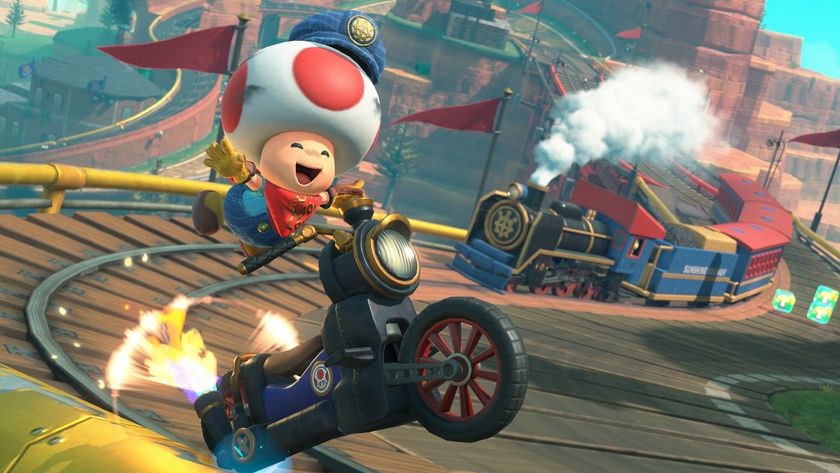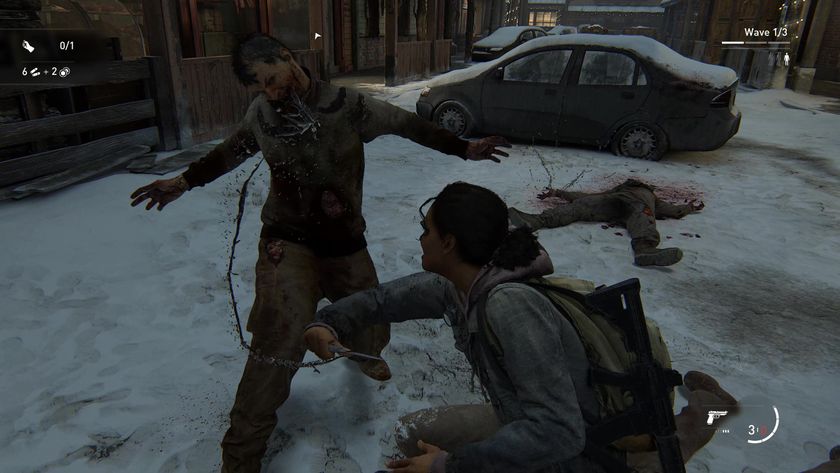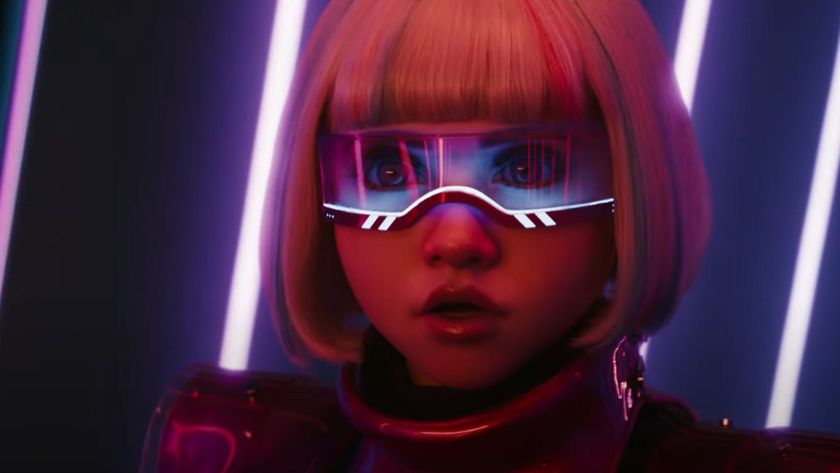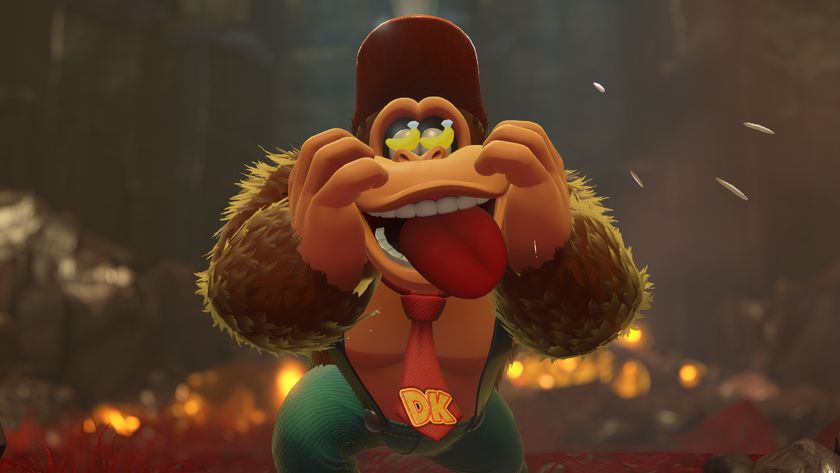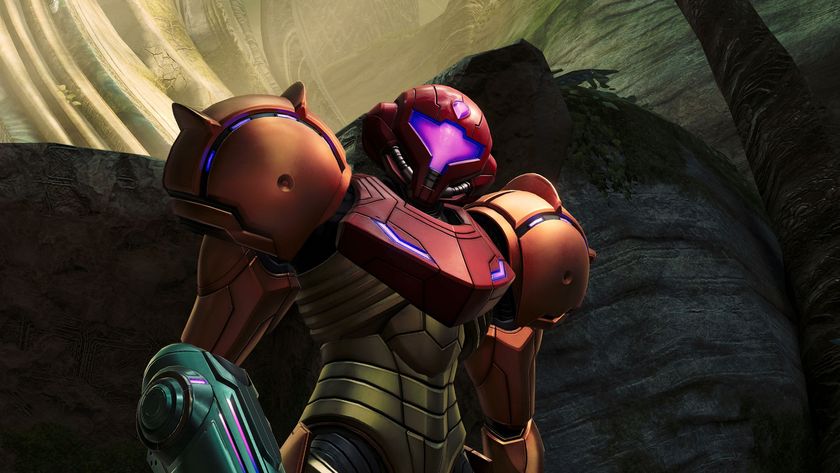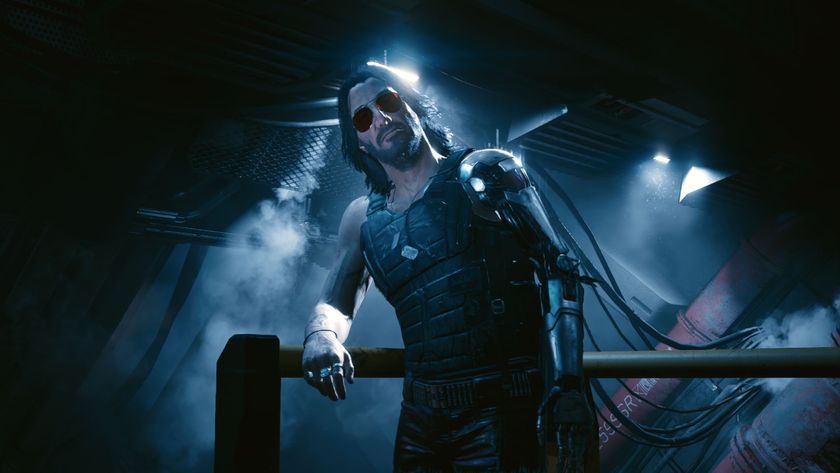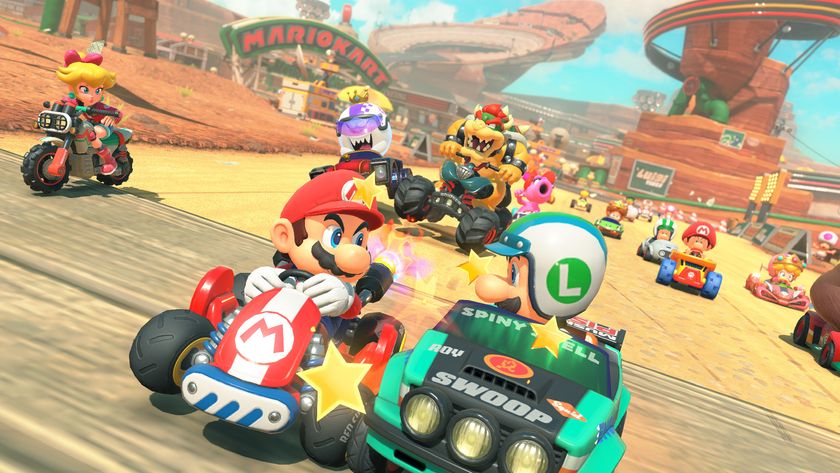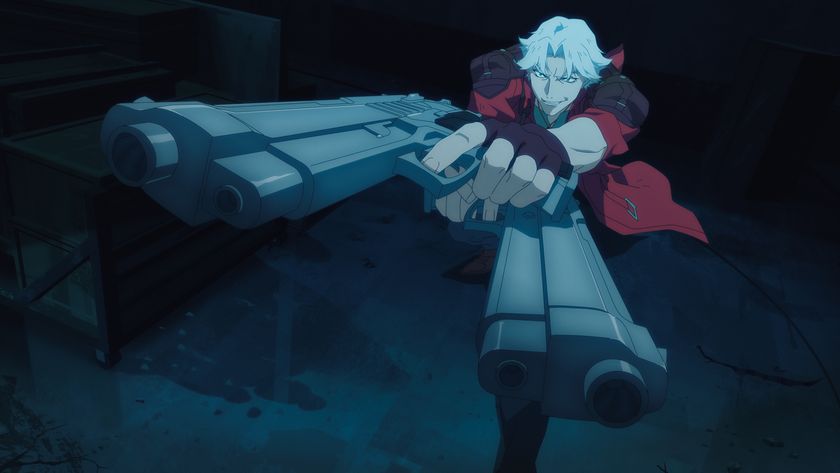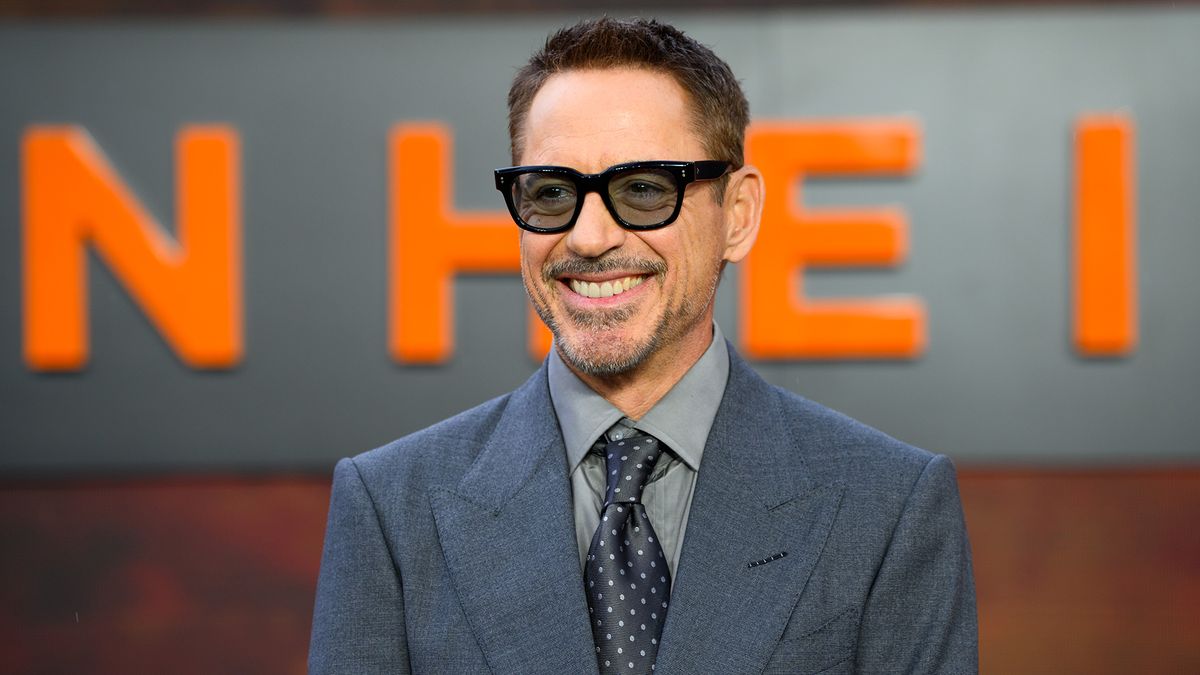
For the last 15 years, Robert Downey Jr. has been stood in front of a green-screen quipping his way to hundreds of millions of dollars and a level of almost unparalleled celebrity that has led to his face being plastered on the side of lunch boxes, pencil sharpeners, and whatever other Marvel merchandise the House of Mouse has endeavoured to sell. Since suiting up as Iron Man for the first time in 2008, it has been very easy to forget what an actor of remarkable depth, nuance, and power Downey Jr. has always been.
But Christopher Nolan didn’t forget.
In his first proper dramatic role since 2014’s instantly forgettable The Judge, Downey Jr. plays Lewis Strauss, a founding member of the US Atomic Energy Commission and one of the most influential figures in Cold War foreign policy – mainly the development of the Hydrogen bomb in an arms race with the Soviet Union. In Oppenheimer, Nolan’s horrifying story of the titular tormented scientist and so-called father of the atomic bomb, Strauss is cast as the physicist's post-war nemesis – the conservative career politician to the contradictory Communist, the man grasping for power in contrast to the man convinced his creation will doom us all. It allows for the most compelling performance of Downey Jr.’s career.
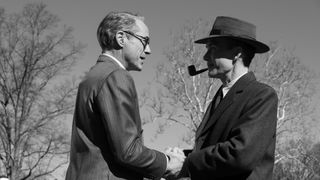
Initially the wunderkind son of cult filmmaker Robert Downey Sr., the younger Downey quickly forged a reputation in '80s Hollywood as the 'Next Big Thing' following eye-catching appearances in a quadrant of coming-of-age films – The Pick-Up Artist, Weird Science, Tuff Tuff, and Less Than Zero – before becoming Oscar-nominated for playing Charlie Chaplin. Everybody knows what happened next – cocaine, multiple prison stints, and a demotion to TV that resulted in him getting sacked from Ally McBeal. A comeback was ignited by his revelatory performance in Shane Black’s meta noir Kiss Kiss Bang Bang and later as an alcoholic journalist in David Fincher’s Zodiac. Though Iron Man has been the distinguishing role of his life, the best performance of this era of his career has been in Guy Ritchie’s Sherlock Holmes films where he reimagines the Victorian era sleuth as a brawling eccentric.
But it is with Oppenheimer where Downey Jr. is allowed to fully encompass a role once again. The relationship between Strauss and Oppenheimer is one of several cruxes in the film – a relationship defined largely by Strauss’ ego-lead insecurity, primarily relating to an encounter with Einstein where the world’s most famous scientist appears to snub the politician over something Oppenheimer says to him. It’s a sequence Nolan loops back to several times before revisiting it again at the film’s horrifying climax, revealing that Strauss was not the topic of Oppenheimer and Einstein’s conversation at all. Because he was never important enough for a talk between geniuses.
Downey Jr. – here, barely recognisable as his hair and body are thinned dramatically (it makes him look like Stanley Tucci) – has turned his pervading cinematic image on its head. It’s been a justifiable criticism of his work over the last 15 years that as an actor he has rested on the laurels of his natural charisma and Downey Jr. himself has been open about the fact his Marvel work as a man-child half-robot led to feelings of self-doubt over his acting ability going forward - but Oppenheimer inverts everything we’ve come to know about the actor.
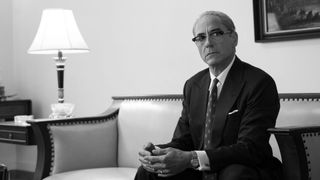
Strauss is maybe the quietest role of his career. The wannabe Secretary of Commerce – like many powerful men – is in thrall to his own voice and righteousness, aware of his position in the world and happy to wield it. In a broad sense, he’s the villain of Oppenheimer. Downey Jr.’s Strauss is a not very smart man surrounded by very smart men, and the Judas of the Atomic Age as the driving force behind Oppenheimer losing his security clearance and influence over nuclear matters in the US. They are actions driven by a level of insecurity only politicians possess, phallic envy, and pure vindictiveness - and the real life Strauss was said to view those who disagreed with him as traitors.
Sign up for the Total Film Newsletter
Bringing all the latest movie news, features, and reviews to your inbox
Downey Jr. – uncharacteristically restrained – communicates so much emotion with a flicker of the cheek or dart of the eye. Near the film’s end, when he realises the crowning moment of his life – to be appointed to the President’s cabinet – has been scuppered by lasting ill-feeling from the science community, his cheekbones seem to rise with hate, his jaw tighten with defeat. Nolan shoots a great deal of Strauss in close-up – especially in the black and white sequences – and it feels as if we are intimately inside his head. Downey Jr. is subtle but strikingly clear in his contempt for Oppenheimer.
There’s a scene where Strauss is having an exchange with Alden Ehrenreich’s nameless aide that exemplifies the character’s slipperiness. He’s giving a speech about how power exists in the shadows as he postures limp pride like an unkillable vulture. His face threatens to break into a smug smile. It’s part Kendall Roy, part Daniel Plainview, and one of the most astounding bits of acting he’s ever done.

As social media does, it is already getting carried away in anointing Downey Jr. a Best Supporting Actor Oscar for his work on the film, which really is a career best. More widely, it poses the question of where Downey Jr.’s future lies. His first post-Iron Man role was the wretched flop of Dolittle but Oppenheimer and the actor’s quotes while doing press on the film, hint hopefully at this being the first step towards a later career stint doing exciting character work with storied directors.
Downey Jr. was initially supposed to be the lead in Paul Thomas Anderson’s Inherent Vice before the director swapped in Joaquin Phoenix, and the two were also at one point working on a version of Pinocchio, but Oppenheimer is the actor’s first foray into what you can crudely call 'proper filmmaking' in so, so long. Nolan has made the most intimately tragic epic imaginable plastered with remarkable performances (Murphy, Damon, Blunt, Safdie, Hartnett, Clarke, Ehrenreich, DeHaan) but it’s Downey Jr.’s scheming reptile who walks off with the movie under his arm. It better not be the last time.
Oppenheimer is out now in cinemas. For more on the film, check out our interviews with Christopher Nolan, as well as actors Emily Blunt and Matt Damon.
In the meantime, check out our guide to the rest of the most exciting upcoming movies in 2023 and beyond.
Sam Moore is a freelance culture writer who loves action movies, The Simpsons, and Paul Thomas Anderson - dreaming of how all three can crossover. He was written for the likes of GQ, BBC, Financial Times, and The Guardian and profiled stars as varied as Michelle Yeoh, Stephen Graham, and Stevie Van Zandt. In his spare time, he can be found playing Pac -Man.
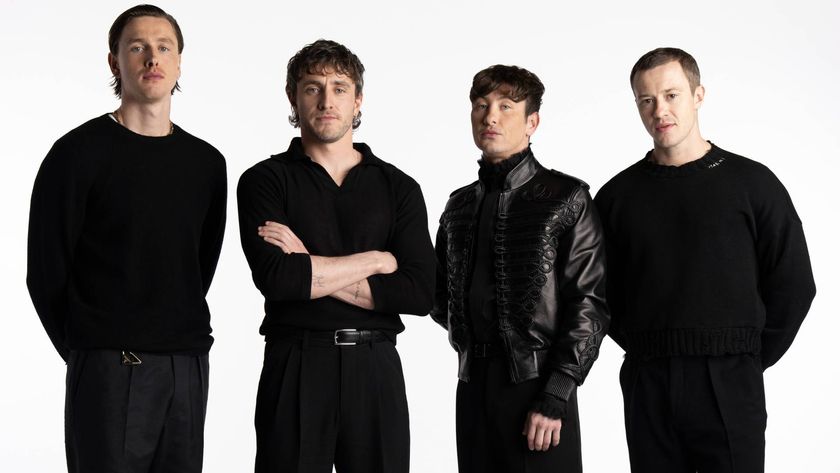
Gladiator's Paul Mescal and Saltburn's Barry Keoghan finally confirmed for the long-rumored Beatles cast in a first look announcing the wildest release strategy

Rooney Mara's new kitchen drama that's being called "The Bear on steroids" is a tense, darkly funny take on the American dream
